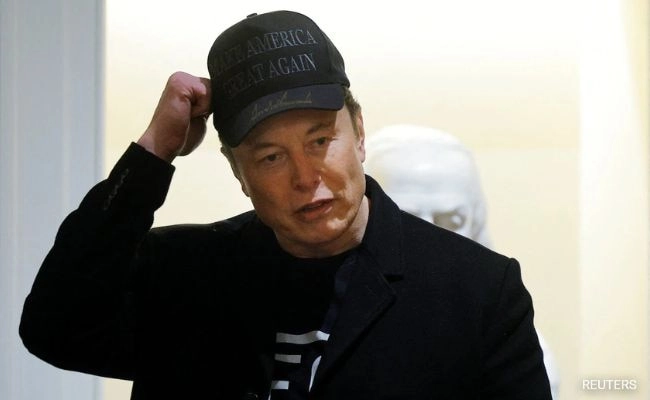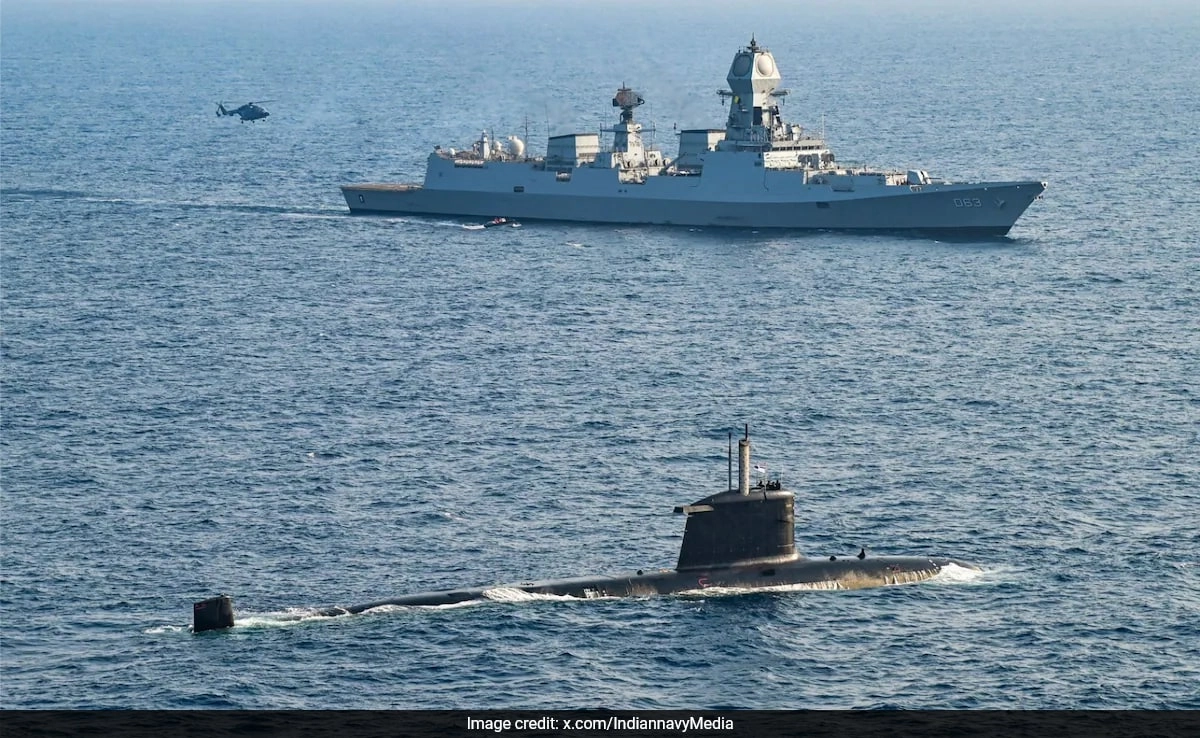Elon Musk, the renowned entrepreneur and CEO of companies like Tesla and SpaceX, is reportedly set to be briefed on a highly classified United States plan that pertains to a potential conflict with China. This news comes against the backdrop of escalating tensions between the two superpowers, driven by a variety of factors, including trade disputes, military posturing in the South China Sea, and differing political ideologies. The briefing suggests that the U.S. government is seeking input and insights from influential figures in the private sector, recognizing that innovative strategies and technologies from companies like Musk’s could play a pivotal role in any future scenarios.
Musk’s involvement in this briefing underscores the growing intersection between technology, defense, and geopolitics. In recent years, Musk has been an outspoken advocate for the importance of space exploration and satellite technology, both of which are increasingly relevant in modern warfare. His companies, particularly SpaceX, have developed capabilities that could enhance military operations, such as satellite communications and rapid transportation of troops and supplies. The U.S. government’s decision to include Musk in these discussions indicates a recognition of the potential contributions that private sector innovations can make in addressing national security challenges.
As the U.S. navigates its complex relationship with China, the implications of this briefing extend beyond mere military strategy. The dialogue between government officials and leaders in the tech industry reflects a broader trend of collaboration aimed at safeguarding national interests. Additionally, this engagement may signal a shift in how defense strategies are formulated, with an increasing reliance on cutting-edge technologies that emerge from the private sector. This collaborative approach could lead to advancements in areas such as artificial intelligence, cybersecurity, and advanced weaponry, all of which are critical in the context of modern warfare.
The potential implications of a conflict with China are profound, affecting not only military strategies but also global economies and alliances. As the two nations continue to vie for economic and technological supremacy, the U.S. must consider how its strategies will resonate on the world stage. By bringing influential figures like Musk into the fold, the U.S. can explore innovative solutions that might prevent escalation and foster a more stable international environment. Ultimately, this move highlights the essential role that private sector leaders can play in shaping national security policies, particularly as the landscape of global conflict continues to evolve.




